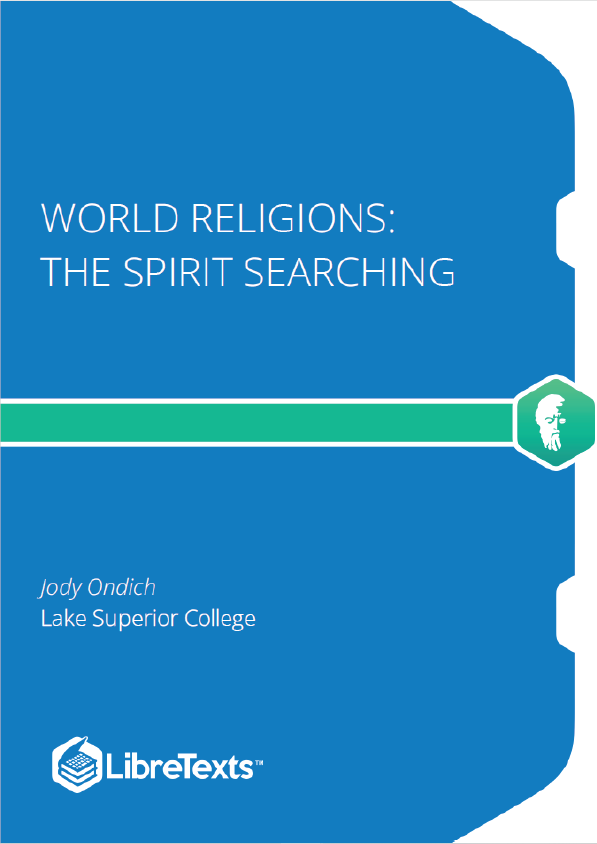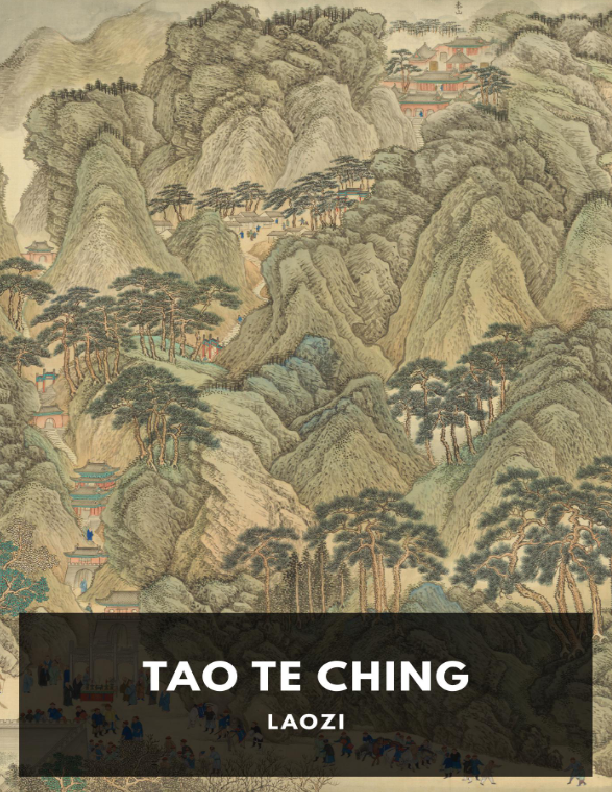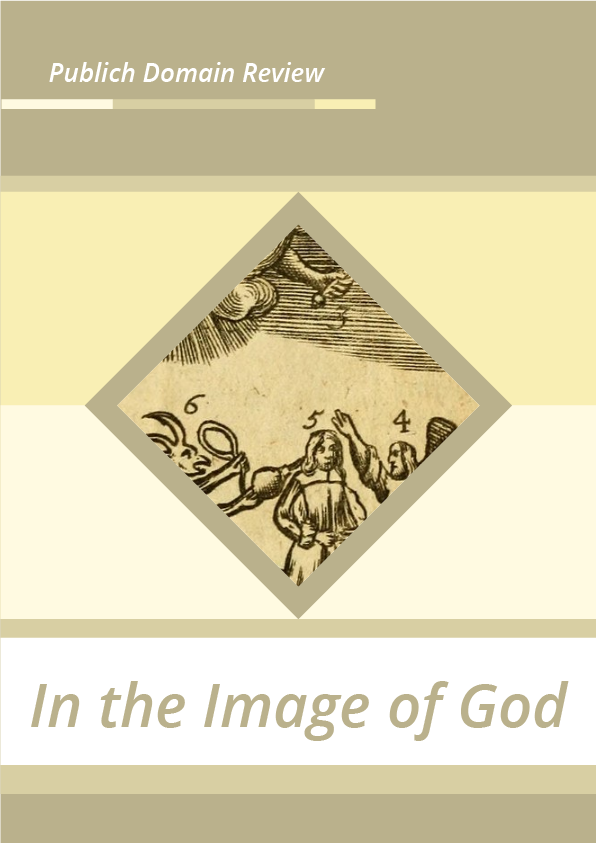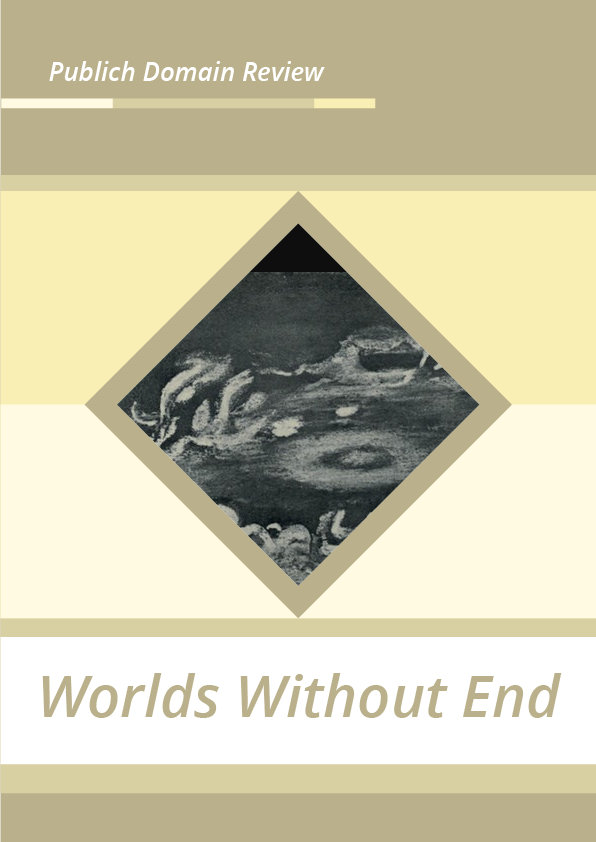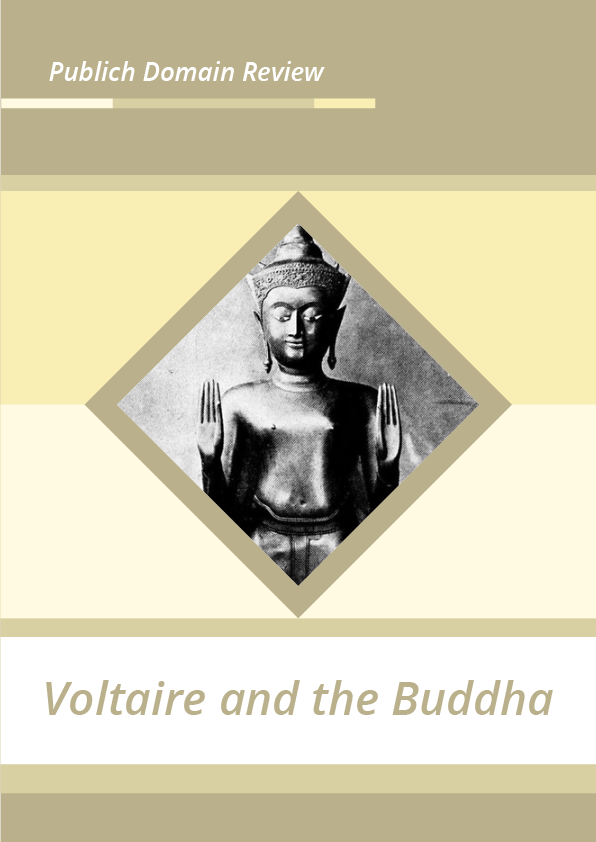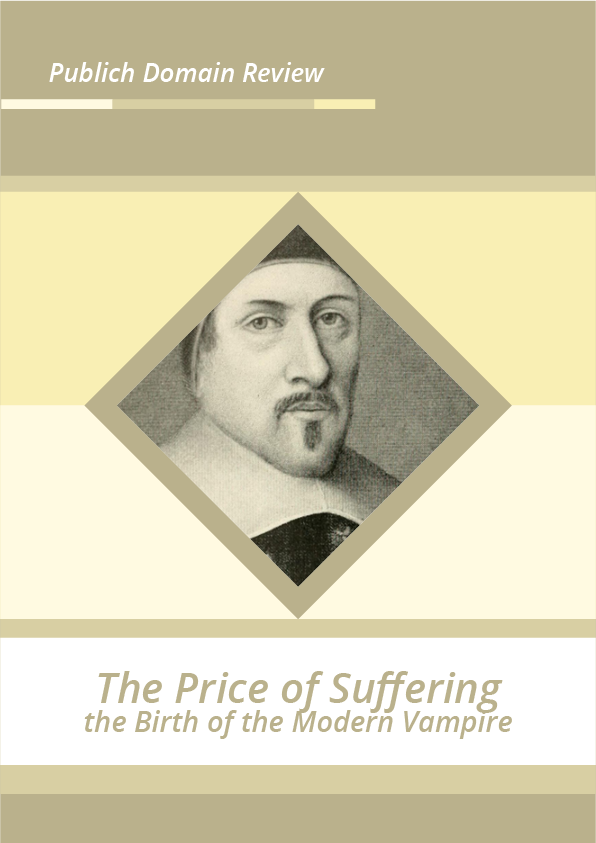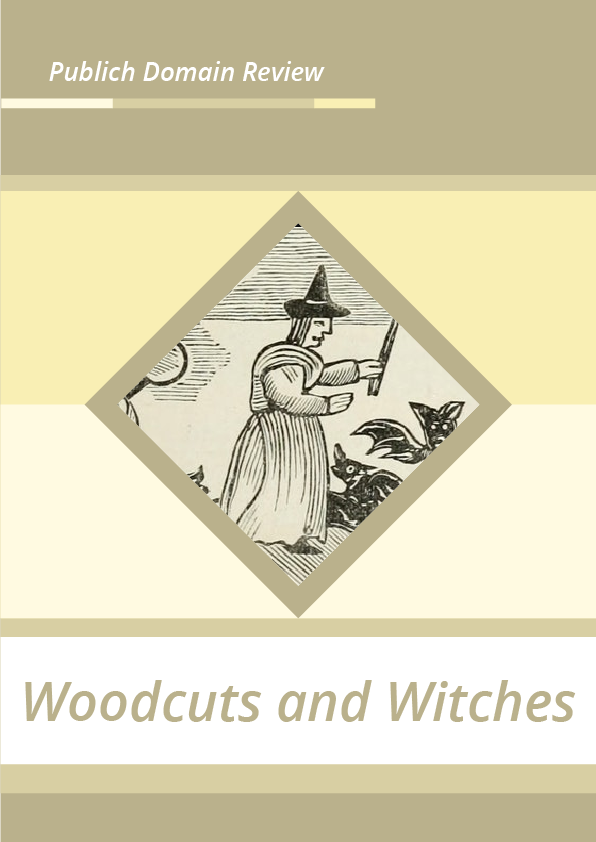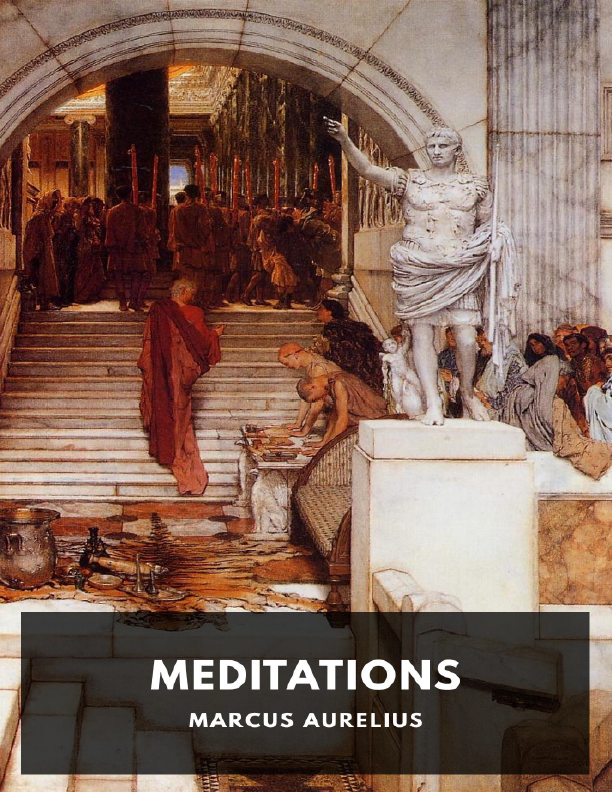Humans across the globe and throughout millennia have searched for answers to questions like, “why are we here?” or “what am I supposed to do with my life?” And the answers people have found, or created, or chosen, have varied as widely as the cultures and people themselves. Some people focus on rules. Some focus on afterlives. Some look to become whole. Some seek adventure and learning. So this text, while full of various ways that people have searched and discovered and created, is only touching a few of the bigger traditions in our world. Hopefully each chapter will introduce the reader to some ideas from that specific tradition that enlighten them as to how a specific group of people think, believe, and live.
We all live in a specific place on the planet, and where we live impacts, in visible and not so visible ways, the ways that we interact with the world, with other people, and with our internal self. The child raised in prairie or tundra spaces may find the deep forest intimidating or enclosing. The child from the seaside may long for water in ways that the desert dweller may not completely understand. So the concept of Sacred Space will change from people to people, during history, dependent on location, belief and lifestyle. This unit will attempt to help us think about the concepts that make a space Sacred.
Karen Armstrong, author and former nun, writes, “Our English word ‘Scripture’ implies a written text, but most Scriptures began as texts that were composed and transmitted orally,” she writes. “Indeed, in some traditions, the sound of the inspired words would always be more important than their semantic meaning. Scripture was usually sung, chanted or declaimed in a way that separated it from mundane speech, so that words — a product of the brain’s left hemisphere — were fused with the more indefinable emotions of the right.”
The author of the article regarding Armstrong’s book about scriptures, Nicholas Kristoff, says,
“Armstrong argues that this approach [literal reading] misunderstands how Scripture works. It’s like complaining about Shakespeare bending history, or protesting that a great song isn’t factual. That resonates. Anyone who has been to a Catholic Mass or a Pentecostal service, or experienced the recitation of the Quran or a Tibetan Buddhist chant, knows that they couldn’t fully be captured by a transcript any more than a song can be by its lyrics. “
